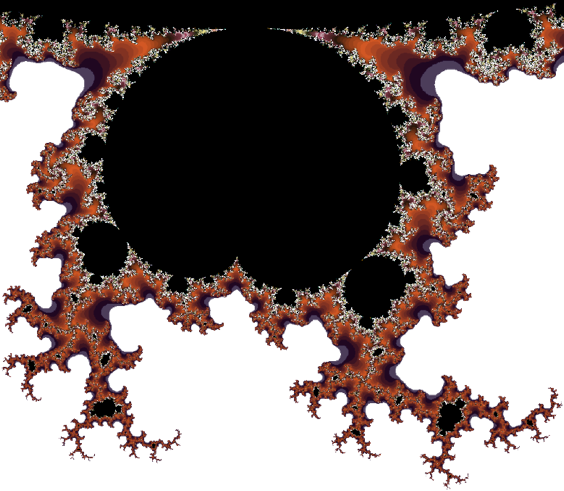COmplex Systems and Applications group

COSA
Foundation
The Complex Systems and Applications group (COSA) was formed in 16/11/2006 by decision of the Executive Board of the National Centre of Scientific Sciences “Demokritos”. Researchers from “Demokritos”, other Greek Research Centers and Universities participate in the COSA group, who wish to collaborate on issues related to Complex Systems and applications.
Reasons to found COSA
During the last 20 years a wide variety of research and educational activities have developed, under the names of Non Linear Science or Complexity Science. This science is initially based on great mathematical discoveries during the decades 1960 - 1980, in the fields of Chaos Theory and Geometry of Fractals. Along with the theoretical results, a wide spectrum of computational algorithms and experimental findings in physical, biomedical, economical and technological complex systems was developed. The findings present common characteristics such as: abrupt changes from periodical to “chaotic” behavior, irregular statistical attributes, lack of predictability, self-organization, spatial complexity under the form of self-similarity of their geometrical structure in many scales.
This activity has rapidly developed during the last 10 years, resulting to the foundation of many Research Institutes of Complex Systems in the U.S.A. (Center for Nonlinear Studies, Los Alamos, Institute for Complex Systems, Santa Fe) and Europe (Center for Nonlinear Phenomena and Complex Systems, Brussels, Center for Nonlinear Systems, Nice (Sophia Antipolis), Istituto dei Sistemi Complessi, Roma, Max Planck Institute for Complex Systems Dresden, etc.). Tens of new magazines were created and hundreds of new books were written, while continuously more international congresses, summer schools and postgraduate programs on issues related to “Not Linear Science and Complicated Systems” are organized.
The main advantage of this new science is that it restores the communication and interconnection between different specialized areas, which has been lost in some degree due to large fracture and specialization in science. This “synergy” is achieved through the application of mathematical discoveries, flexible computational models and analysis methods of complex systems. The final objective is the comparison of theoretical prediction with a wide base of laboratorial experiments and observations in many sciences.


